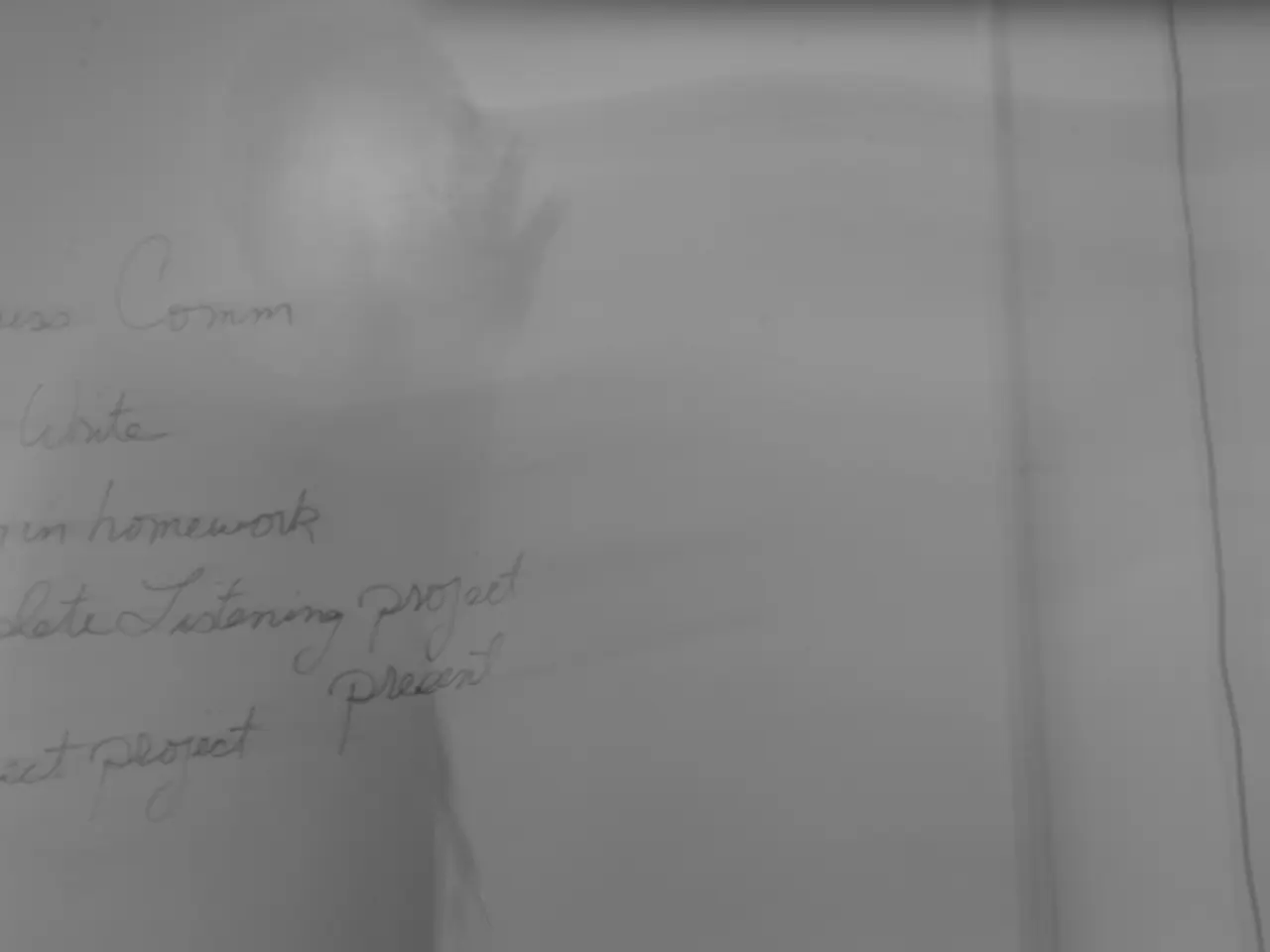FTC Sues Amazon, Seeks Breakup as Potential Remedy
The Federal Trade Commission (FTC) has filed a lawsuit against Amazon, seeking 'relief, including but not limited to structural relief'. This could potentially lead to the tech giant being broken up. The FTC has asked the court to split its case into separate liability and remedy phases, a move that has raised eyebrows in the legal and business communities.
The FTC's motion to bifurcate the case comes despite Amazon's status as one of the most consumer-favored institutions and its ranking as the third most innovative company in the Boston Consulting Group's 2023 report. The court will decide if liability and remedies overlap in facts or evidence, not based on separate legal concerns. The FTC has hinted that it may seek stronger remedies, including structural changes to Amazon, if the court grants its motion.
However, the FTC's approach has been criticized. Complex remedies in antitrust cases are typically not bifurcated due to their case-specific and fact-dependent nature. The FTC's motion also raises concerns about the strength of its investigation and the clarity of its intended remedies, as it has not clearly stated what it deems appropriate for Amazon's alleged antitrust violations. The FTC's case could potentially set a precedent for lawsuits alleging monopolization without demonstrating harm to competition.
The court has good reason to consider not granting the FTC's motion to bifurcate the proceedings. The interconnectedness of liability and potential remedies in this high-profile case suggests that a holistic approach may be more appropriate. The outcome of this legal battle will have significant implications for the tech industry and antitrust law.
Read also:
- Trade Disputes Escalate: Trump Imposes Tariffs, India Retaliates; threatened boycott ranges from McDonald's, Coca-Cola to iPhones
- Aquatech purchases Koch's Direct Lithium Extraction business, merging Li-ProTM DLE technology into the PEARLTM Technology Platform.
- Modern IT Strategies Boost Business Resilience and Security
- Nepal's Journey: Evolution from Street Life to Political Power




